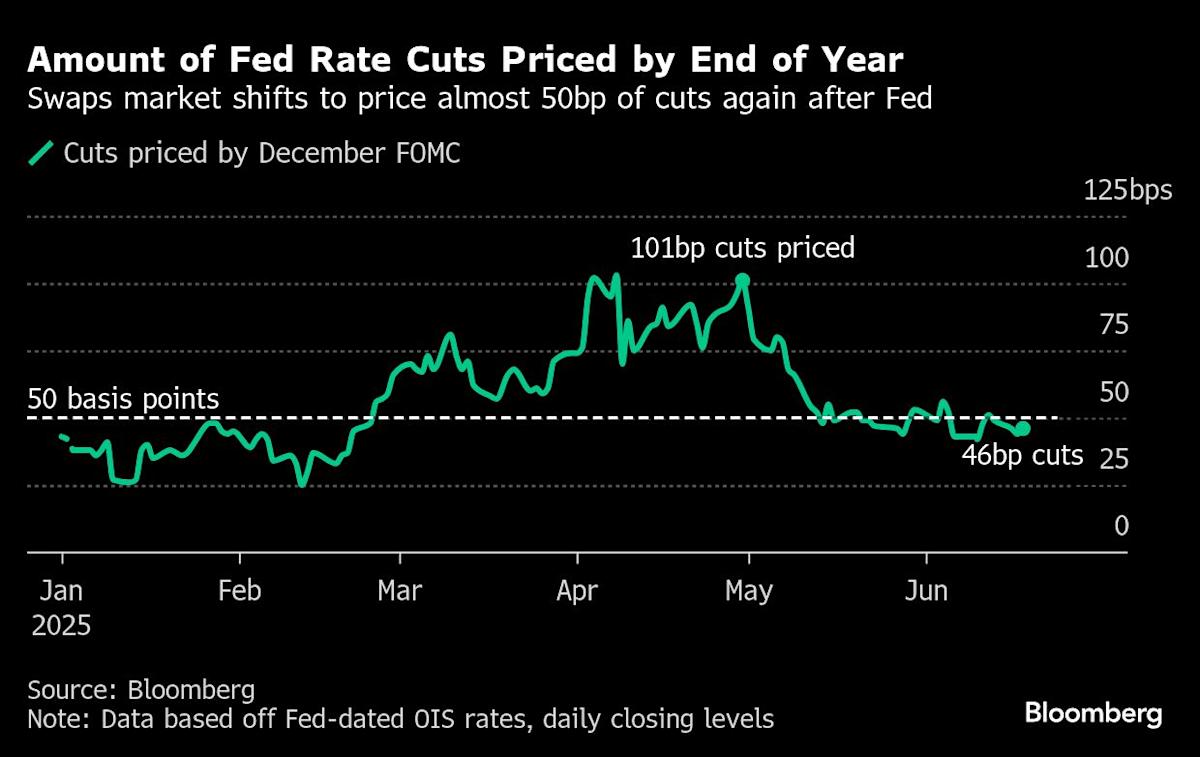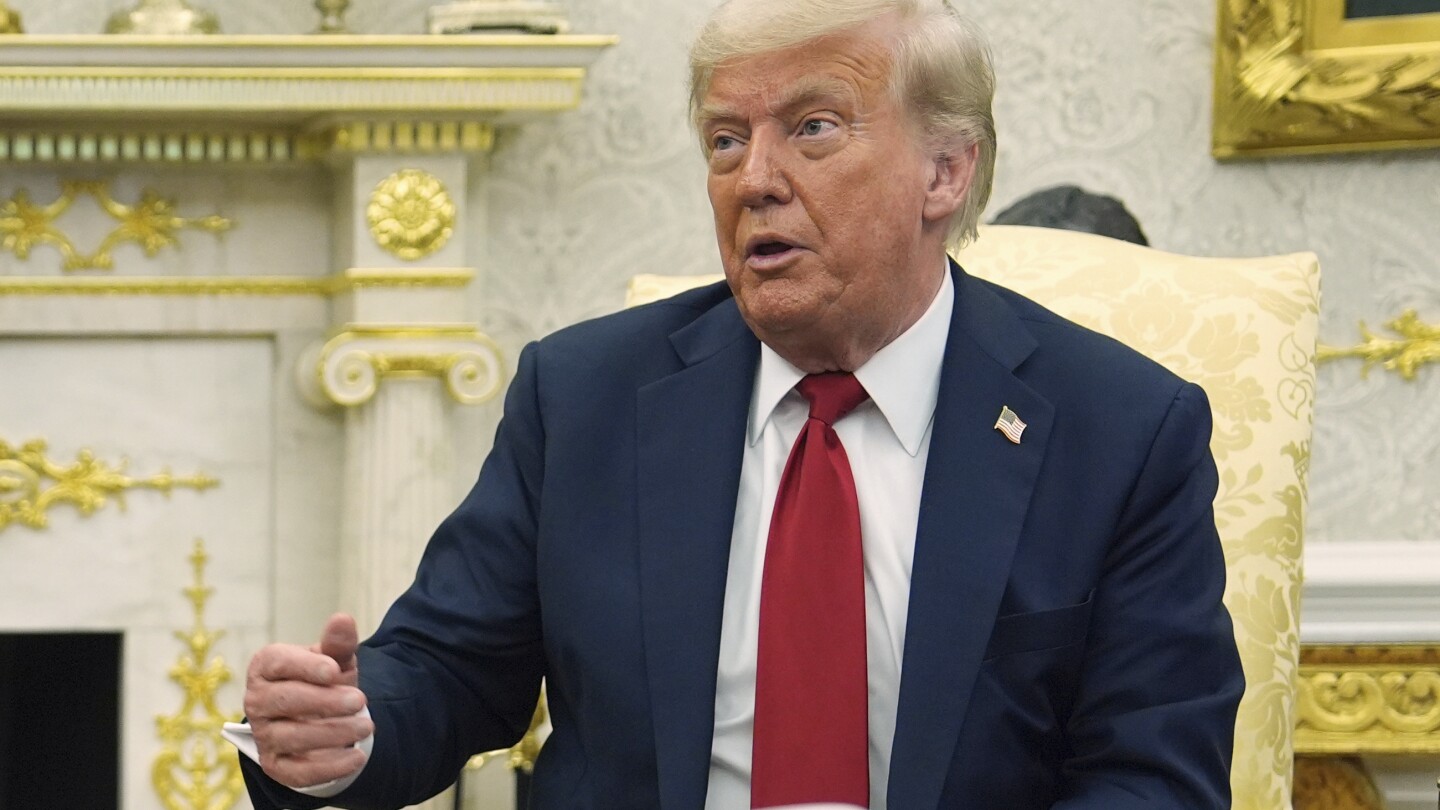Andre Janse van Vuuren and Sagarika Jaisinghani
4 min read
In This Article:
(Bloomberg) — Oil trimmed earlier gains and equity futures remained lower after White House press secretary Karoline Leavitt said President Trump will decide within two weeks whether to back Israel militarily in its conflict with Iran. The remarks offered some short-term clarity but did little to resolve broader uncertainty around potential US involvement and the risk of renewed energy-driven inflation.
Most Read from Bloomberg
-
Security Concerns Hit Some of the World’s ‘Most Livable Cities’
-
JFK AirTrain Cuts Fares 50% This Summer to Lure Riders Off Roads
-
NYC Congestion Toll Cuts Manhattan Gridlock by 25%, RPA Reports
Listen to the Stock Movers podcast on Apple, Spotify or anywhere you listen.
S&P 500 contracts slipped 0.9% in thin holiday trading. Europe’s Stoxx 600 dropped 0.8%, falling for a third straight session. Asian equities declined 1.4%, with losses concentrated in Japan and South Korea.
West Texas Intermediate rose 0.7% to $75.8 a barrel. Brent crude advanced past $78 a barrel, extending gains in a week where market reaction to the Middle East conflict has been most concentrated in oil. The dollar was little-changed against a basket of currencies, after paring earlier gains.
Traders’ sentiment turned more cautious following a Bloomberg report that senior US officials are preparing for a possible strike on Iran in the coming days. Markets were already on edge after the Federal Reserve downgraded its estimates for growth this year and projected higher inflation.
“If the US does strike, you’re going to see a big knee-jerk reaction,” said Neil Wilson, investor strategist at Saxo UK. “No one will be wanting to make big long bets.”
Israel struck more of Iran’s nuclear sites on Thursday and warned its attacks could bring down Tehran’s leadership as both sides awaited a decision from President Donald Trump on whether to join the offensive.
The odds for the US to become involved are “quite high at this moment in time,” said Anna Rosenberg, head of geopolitics at Amundi Investment Institute.
“For the US, this is a moment to take out a big geopolitical headache, which is Iran potentially developing a nuclear weapon,” Rosenberg told Bloomberg TV. “Having said that, acting comes with a lot of consequences too. Trump will have to make a really difficult decision.”
Among a flurry of monetary policy decisions in Europe, the Bank of England kept its benchmark rate on hold at 4.25%. While the outcome was in line with economists’ expectations, more committee members than anticipated had voted for a cut. The pound fell before erasing the loss.















